

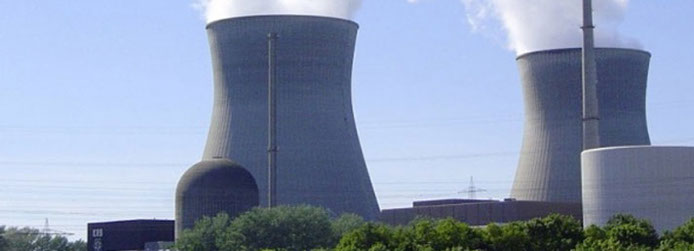

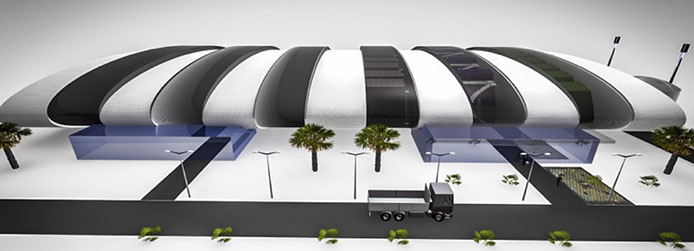
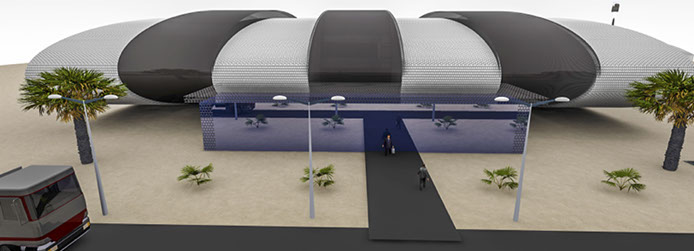

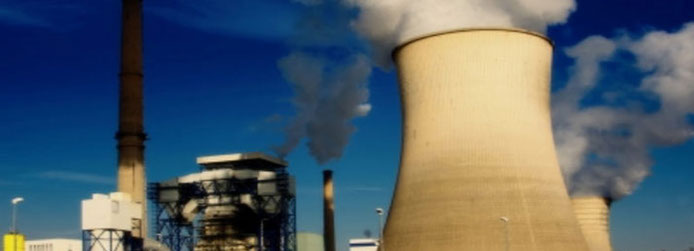
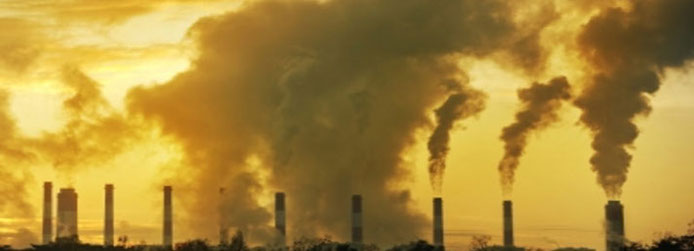
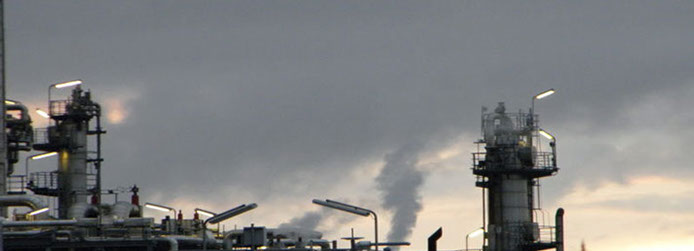


With the decision taken by the German Federal government in 2011 to completely step out of the atomic energy, the German engineer is asked to develop highly efficient power plants providing energy and bring them to the market. The task is in the foreground to process available primary material as well as waste from industrial and domestic society, with a low environmental impact.
Corresponding to these requirements we developed the project and technology.
It provides a forward-looking contribution to securing the energy for the future.
We succeeded to develop a revolutionary power plant under the name of NEP 1MWel station "new energy power station" and bring a complete product and system available to the market .
The result:
The first commercial NEP 1MWel station produced over 25,000 full load hours since commissioned in 2011, and has proven to be a reliable and robust Combined Heat and Power technology that converts any type of organic material, such as household garbage and other organic waste into electrical energy and residual heat. All this happens on an exemplary and ecological basis. Since our NEP station is a closed system, there is no CO2 emission of any toxic gases impacting the environment. A clean and efficient way to generate electrical power ,long-distance heating and reducing waste at the same time.
The development of humanity was and is determined by the supply of energy. For many years,certain energy neglected the environmental impact and safety. Risk which mankind has been received shows us a devastating event like the Fokushima nuclear power plant.
Recycling economy is the future
The tension between legal guidelines, economic constraints and ecological claims companies increasingly need to learn to think of the waste here, they want to exploit the opportunities of circular economy. In particular, the rising commodity prices are a signal that the topics of waste prevention and recycling are vital for businesses. To deal with the waste and it deliberately included from the outset in all thinking and planning unlocks the economic potential .
To work Right from the development of a new product to manufacture without or with little waste as possible, will becoming increasingly influence the economic success of the company.
Poorer waste to produce than the competitors can be a key competitive advantage.
The Kyoto Protocol is an international agreement linked to the United Nations Framework
Convention on Climate Change, which commits its Parties by setting internationally binding emission reduction targets.
Recognizing that developed countries are principally responsible for the current high levels of GHG emissions in the atmosphere as a result of more than 150 years of industrial activity, the Protocol places a heavier burden on developed nations under the principle of "common but differentiated responsibilities."
Concerns about the future energy consumption regarding our environment
United Nation
Millenium Development Goals:
The Kyoto Protocol is seen as an important first step towards a truly global emission reduction regime that will stabilize GHG emissions, and can provide the architecture for the future international agreement on climate change.
According to International Energy Agency (IEA), demand for energy throughout the world increases by one third by 2035.
Article 7. Better future in human development and environment calls for urgent action to slow climate change by preventing further and reduce inequalities as environmental deterioration
to ensure environmental sustainability.
Global warming will continue, the climate targets are not achievable.
Following the first commitment phase of Kyoto, developed countries shall reduce their emissions by 5.2% between 2008 and 2012.
New commitments for Annex I Parties to the Kyoto Protocol who agreed to take on commitments in a second commitment period from 1 January 2013 to 31 December 2020;
A revised list of greenhouse gases (GHG) to be reported on by Parties in the second commitment period; and
Amendments to several articles of the Kyoto Protocol which specifically referenced issues pertaining to the first commitment period and which needed to be updated for the second commitment period.

United Nations link to Kyoto protocol
NECTECH International
board of directors:
Nectech International GmbH
Bergstr. 5 b 85376 Massenhausen Germany
HRB 202700 USt ID: DE 115/ 133/ 20134


